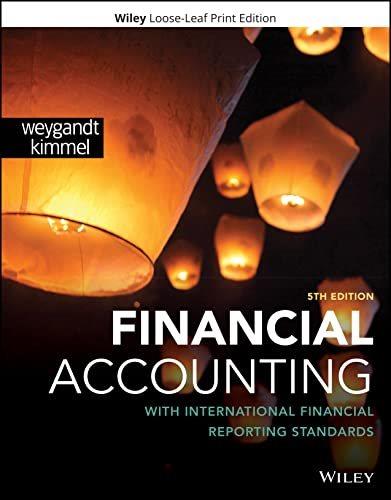Answered step by step
Verified Expert Solution
Question
1 Approved Answer
1. A corporation is an entity separate and distinct from its owners. 2 As a legal entity, a corporation has most of the rights

1. A corporation is an entity separate and distinct from its owners. 2 As a legal entity, a corporation has most of the rights and privileges of a person. 3. Most of the largest U.S. corporations are publicly held corporations. 4. 5 7 8. 9. 10. Corporations may buy, own, and sell property; borrow money; enter into legally binding contracts; and sue and be foed. The net income of a corporation is taxed as a separate entity. Creditors have no legal claim on the personal assets of the owners of a corporation if the corporation does not pay its debts The transfer of stock from one owner to another does not require the approval of either the corporation or other stockholder It is entirely at the discretion of the stockholder. The board of directors of a corporation manages the corporation for the stockholders, who legally owl the corporation The chief accounting officer of a corporation is the controller Corporations are subject to more state and federal regulations tan partnerships or proprietorships
Step by Step Solution
There are 3 Steps involved in it
Step: 1

Get Instant Access to Expert-Tailored Solutions
See step-by-step solutions with expert insights and AI powered tools for academic success
Step: 2

Step: 3

Ace Your Homework with AI
Get the answers you need in no time with our AI-driven, step-by-step assistance
Get Started


